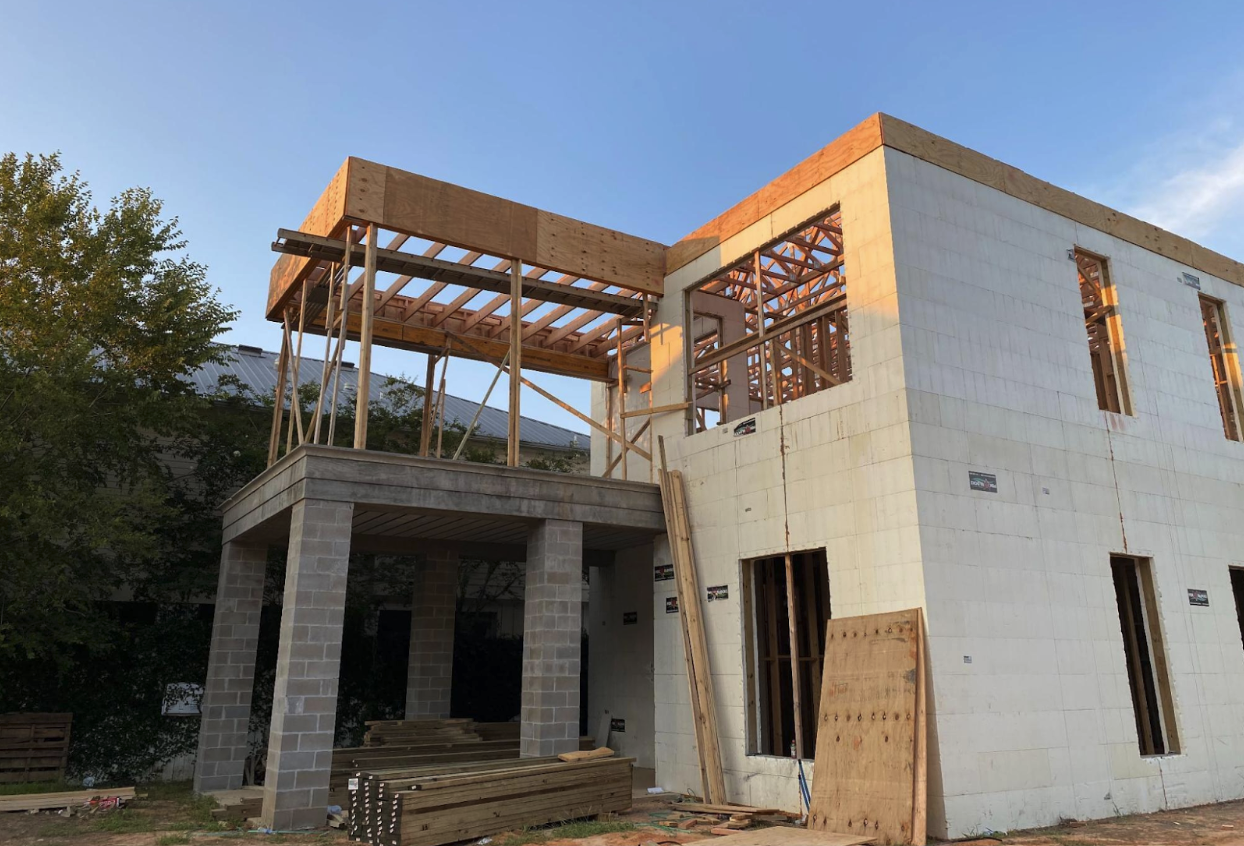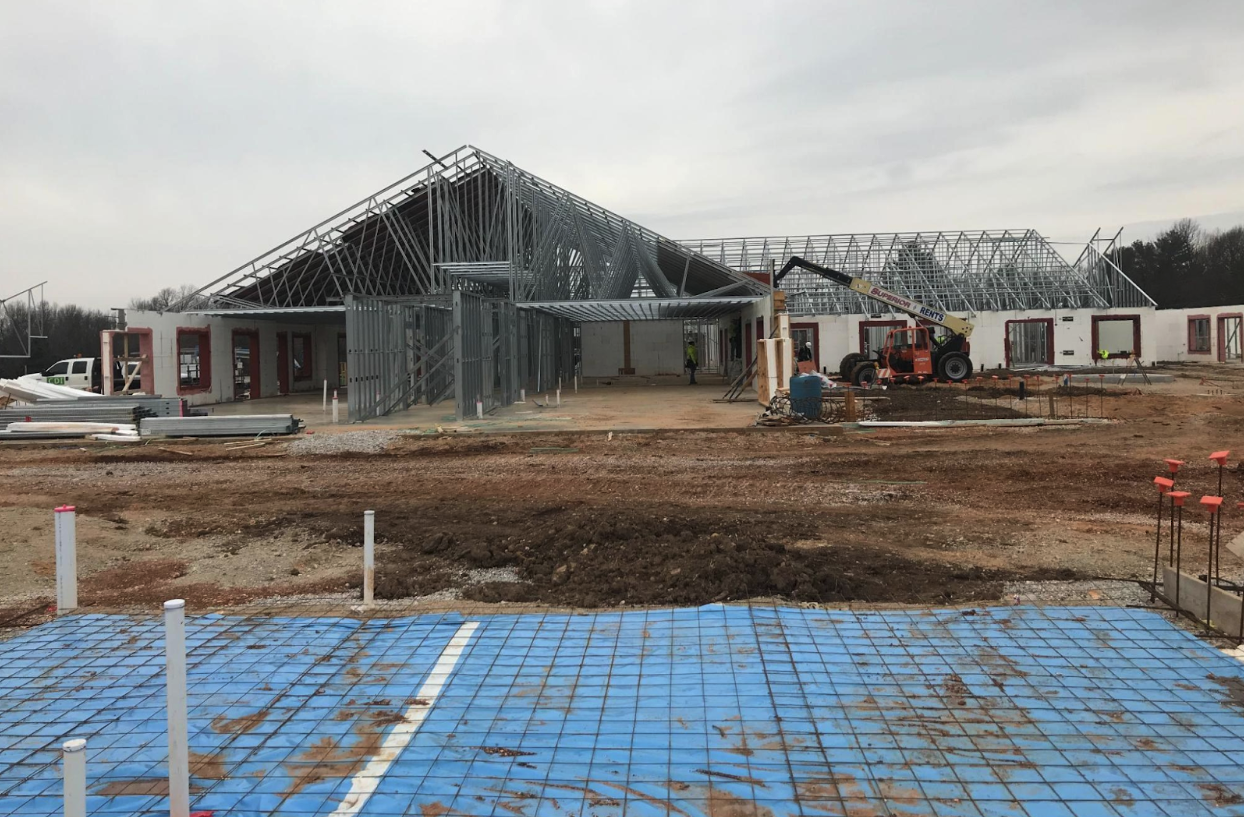
4 New Building Code Changes You Need to Know

Understanding new building codes is crucial for construction professionals and homeowners alike, especially with the increased frequency and intensity of hurricanes and tornadoes.
The updates to the 2023 Florida Building Code and other national guidelines bring significant changes that will affect building practices, material selection, and overall project safety.
Understanding Building Codes: Why Keeping Up with Changes Matters
Building codes are dynamic regulatory frameworks designed to ensure safety, sustainability, energy efficiency, and resiliency in construction practices.
They are periodically updated to reflect the latest scientific discoveries, technological advancements, and lessons learned from past construction failures.
Staying current with these changes is critical not only for compliance but also for maximizing the safety and durability of buildings, particularly in regions prone to extreme weather events.
As such, professionals in the construction industry, as well as homeowners planning renovations or new constructions, must remain informed about the new building codes and latest standards to safeguard their investments and ensure the well-being of occupants.
4 New Building Code Changes To Know

The 2023 updates to building codes across the United States have introduced significant modifications aimed at enhancing construction resilience against climate change and severe weather events. Here's what you need to know:
1. Enhanced Testing and Construction Standards
High-Velocity Hurricane Zones (HVHZ): New rigorous testing protocols, such as ICC 500, ensure structures in HVHZ can withstand severe hurricanes, significantly improving safety and reducing damage .
Tornado Loads: Incorporation of ASCE 7-22 standards into the 2024 International Building Code mandates specific requirements for buildings in tornado-prone areas to handle high winds and debris .
Roofing in Miami-Dade County: Updated roofing codes now require the use of cap nails with enhanced durability to better withstand hurricane conditions .
2. Material and Technological Advancements
Building Materials: Recent advancements have led to the development of materials like Fox Blocks, which exceed the stringent new standards, making buildings more resilient to all forms of weather events. Including: fires, floods, hurricanes, tornadoes, and flying debris.
Code Enforcement Technologies: New software tools are crucial in local government strategies, automating tasks such as inspections and compliance data management, which include the use of GIS mapping to identify high-risk areas.
3. National Policies and Local Initiatives
Federal Initiatives: The Biden-Harris Administration's efforts include a $90 million investment to help local governments implement energy-efficient codes as part of the Bipartisan Infrastructure Law, aiming to reduce energy costs and enhance resilience.
NEC Adoption Variations: There is significant variation in the adoption of the National Electric Code across states, affecting nationwide electrical safety standards.
4. Procedural and Compliance Updates
IECC Development: Changes in the development process of the International Energy Conservation Code (IECC) now involve committee-based approvals, ensuring a more balanced and inclusive approach to code updates.
Digital Compliance Tools: The integration of digital tools for code compliance and inspection, including remote and virtual inspections, streamlines building safety oversight and reduces the resource burden on traditional inspection processes.
Advancements in Building Materials and Construction Technology

In light of the recent updates to building codes, it’s essential to highlight innovative solutions that align with these changes.
Fox Blocks, with its cutting-edge insulated concrete forms (ICFs), stands out as a prime example of technology designed to meet and exceed these rigorous new standards.
Fox Blocks’s ICFs provide superior insulation and structural integrity, surpassing wood frame or CMU structures, making them the ideal for construction in areas prone to severe weather.
These building materials not only comply with the stringent new testing protocols in High-Velocity Hurricane Zones (HVHZ) but also contribute to energy efficiency and noise reduction, aligning with the goals of both safety and sustainability outlined in the new building codes
Key Benefits of Using Fox Blocks for New Building Codes
Enhanced Durability: Fox Blocks' products are engineered to withstand extreme weather conditions, providing enhanced durability and safety which is crucial in HVHZ areas and regions prone to tornadoes.
Energy Efficiency: Complying with the new emphasis on energy conservation and air tightness, Fox Blocks ICFs offer high thermal resistance and low air infiltration, in all climate zones which helps in reducing heating and cooling costs, thereby aligning with the updates in energy efficiency standards.
Sustainability: The use of Fox Blocks contributes to sustainable construction practices, supporting the broader industry move towards environmentally responsible building techniques.
Fox Blocks and Building Code Updates: Enhancing Construction Safety and Efficiency

With the world rapidly evolving and the climate continuously changing, it's more important than ever to ensure our buildings are constructed to the highest standards of safety and efficiency.
Fox Blocks invites you to join the forefront of this significant transformation by integrating our advanced insulated concrete forms (ICFs) into your next project.
Contact us today for more information.